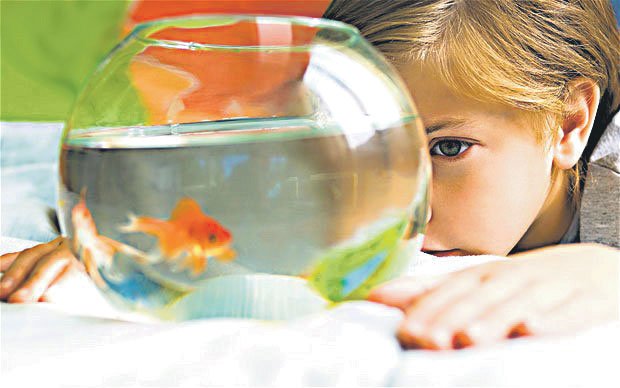Please Mom, can we keep him!?! Kids will promise to do anything when trying to convince their parents to let them have a pet, but how much can kids really do? Realistically kids can help with feeding, watering, brushing, picking up pet toys, cleaning kennels, playing with and exercising the pet, cleaning the yard, training, and helping to walk the dog. There are also things they can’t do which parents must be willing to take on, such as, buying pet food, arranging vet appointments, administering meds, and caring for sick or injured pets.
Depending on your child’s age, and with adult supervision, caring for a pet can be one of the very best experiences of childhood. Before making the big decision, make sure you choose a pet that will “fit” your family. Delicate pets such as birds, lizards, and exotic insects, are not good choices for young children, as their care and handling are not something a young child can understand. On the other hand, a large dog or a very frisky cat may be more than you or your child can handle, and may even be frightening to the child. You may be able to “test run” a pet by “fostering” a dog or cat from a local agency dedicated to finding forever homes for pets. While the pet is temporarily in your care, parents and children will get a good idea of what it would be like to care for a pet 24/7. If your children tend to be lax in caring for the pet, it may be better to wait till they are older. If parents take over the pet duties the children promised to do, it only teaches children that if they shirk their responsibilities, Mom or Dad will do it for them. While this is often what happens, it sends the wrong message.
Pets are a big responsibility, but pet ownership also has many advantages. Specifically they can teach children how to be responsible for someone else. They offer us companionship and unconditional love. They help us stay fit. Pets will listen to all a child’s secrets and never betray a confidence. They teach us compassion and how to care for others. They teach us how to put another’s needs before our own. Pets help build a child’s confidence by showing them how their daily care helps keep pets happy and healthy. Most kids are gentle and appropriate with animals; children who are overly rough or abusive with animals should be monitored closely. Children who torture or kill animals should be evaluated by a psychiatrist immediately.
Children who learn to treat pets with patience & kindness learn to treat people the same way. Studies have shown that children who care for pets shown improvements in social, verbal, and non-verbal communication skills. There is also a positive correlation in increased confidence, self-esteem, responsible behavior, connection to nature, and respect for all living things. Pets also help foster more physical activity in children as well as love, loyalty, and affection. Best of all, It’s wonderful when a pet shows true affection for a child, and what child doesn’t love to hug their pet !

